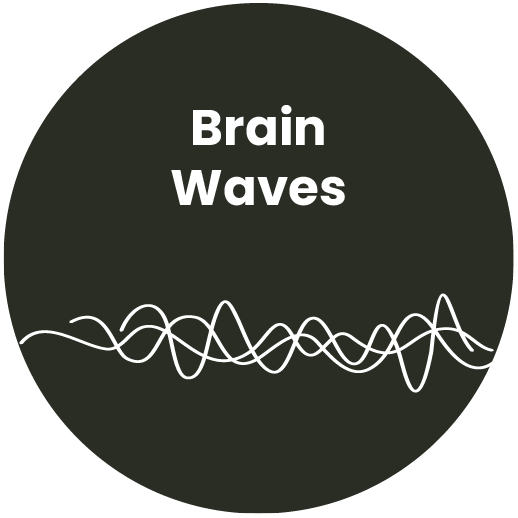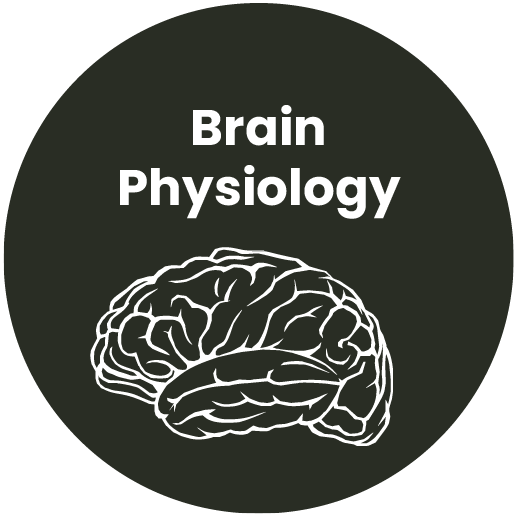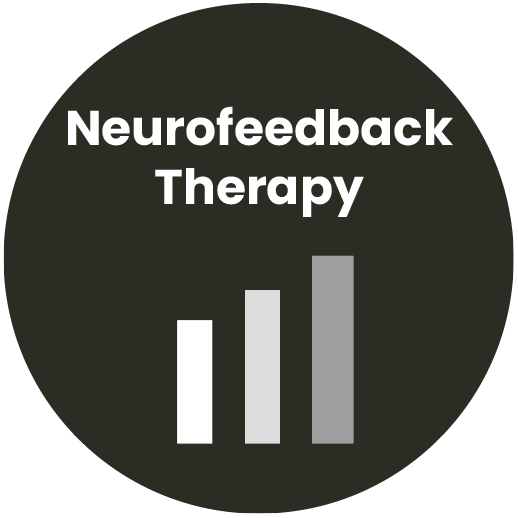Anxiety Disorders
Understanding Anxiety Disorders
Anxiety disorders are a broad category that includes generalized anxiety disorder (GAD), phobias, panic disorder, obsessive-compulsive disorder (OCD), social anxiety disorder, and post-traumatic stress disorder (PTSD). Neurofeedback training aimed at lowering arousal can assist reduce anxiety and foster a sense of relaxation.
Neural Imbalance in Anxiety

Low Alpha Waves & High Beta Waves: This may result in heightened anxiety, restlessness, difficulty relaxing, increased stress levels, poor focus, sleep disturbances, hyperactivity, impulsive behavior, excessive worrying, physical symptoms, and reduced cognitive function.

Reduced connections between the amygdala and the ventrolateral prefrontal cortex: This reduced connection leads to emotional dysregulation, increased anxiety, impulsivity, poor stress management, impaired decisionmaking, and social challenges, affecting overall well-being.

Stabilizing low alpha waves and high beta waves, while improving the connection between the amygdala and ventrolateral prefrontal cortex, can help alleviate symptoms of anxiety by promoting emotional regulation, reducing hyperarousal, enhancing stress coping mechanisms, and facilitating more rational decision-making and effective problem-solving.
Evidence of Effectiveness
Neurofeedback has been shown to effectively relieve symptoms in a variety of conditions. Studies have shown that PTSD and GAD symptoms improve significantly when compared to no treatment. Following neurofeedback training, adolescents with concentration and anxiety concerns reported increased alpha and SMR waves as well as reduced symptoms. Additionally, neurofeedback training has been shown to reduce test anxiety while enhancing alpha wave generation.
Conclusion
Neurofeedback therapy offers a promising approach to managing anxiety disorders by targeting neural imbalances. Protocols such as alpha-theta training and SMR training have demonstrated significant efficacy in reducing anxiety symptoms, improving attention, and enhancing overall well-being.